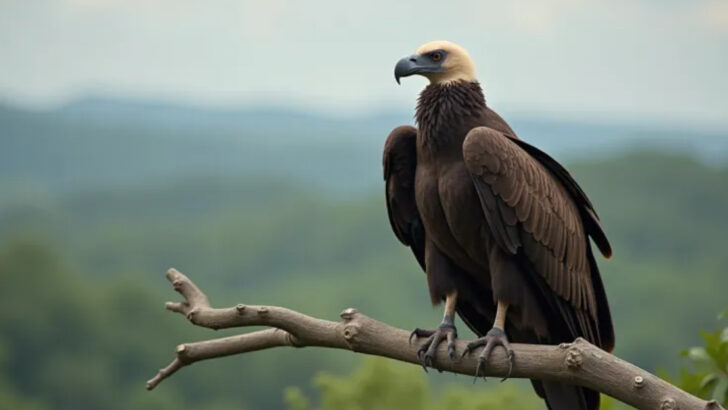Vultures get a bad rap. People see them as grim, lurking scavengers, circling above like omens of doom. But here’s the truth—they’re not villains. They’re heroes.
Without vultures, the world would be drowning in disease and decay. These birds don’t just clean up—they stop deadly outbreaks before they start. Their stomachs are biochemical weapons against bacteria that would wipe out other creatures.
And let’s talk about their skills. Some can soar for hours without flapping a wing. Others have bald heads designed for mess-free dining. They even have a social life, complete with unexpected tenderness.
So before you dismiss them as nature’s clean-up crew, get ready to be amazed. These 15 facts might just make you see vultures in a whole new light.
Vultures’ Digestive Superpower
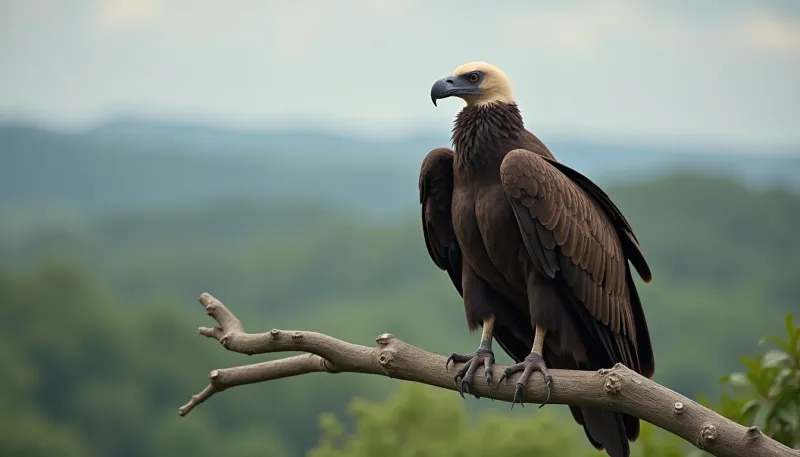
Vultures have an incredible digestive system capable of eradicating harmful bacteria. Their stomach acids are highly corrosive and can dissolve anthrax, cholera, and botulism toxins. This biological feature makes them exceptional cleaners of the environment, maintaining hygiene in natural habitats. By consuming carcasses, vultures prevent the spread of diseases, playing a crucial role in the ecosystem. Their digestive prowess also allows them to consume rotting meat that other animals avoid. This unique adaptation showcases their important ecological role and highlights the need to protect these essential creatures from threats and habitat loss.
Efficient Scavengers
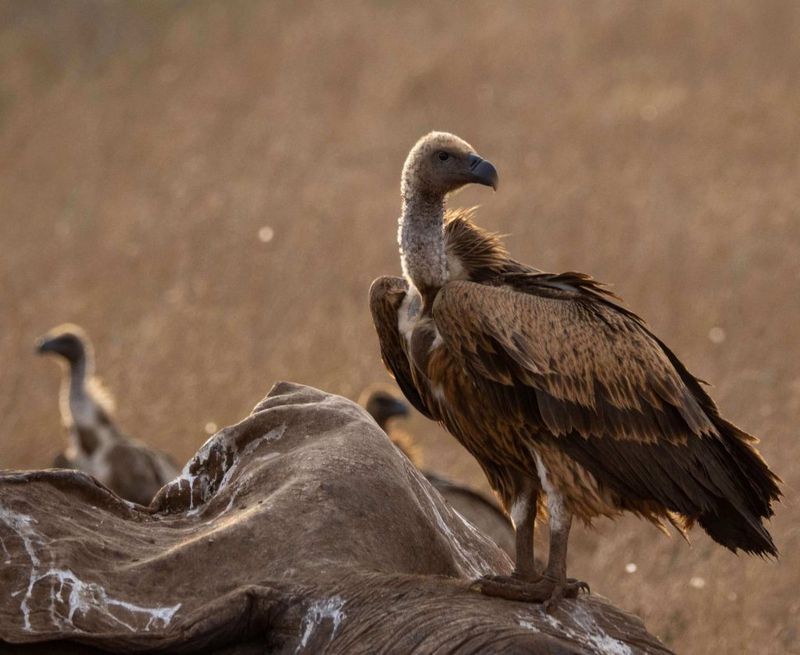
Vultures are nature’s most efficient scavengers. With keen eyesight, they can spot potential meals from miles away. This ability ensures they quickly locate and consume carcasses before they become breeding grounds for diseases. By swiftly removing dead animals from the ecosystem, vultures help maintain balance and prevent the spread of pathogens. Their scavenging efficiency supports other wildlife by reducing competition for food sources. Vultures’ role in the food chain is pivotal, as they help recycle nutrients back into the ecosystem. Their presence keeps environments clean and healthy for all inhabitants.
Adaptations for High Altitudes
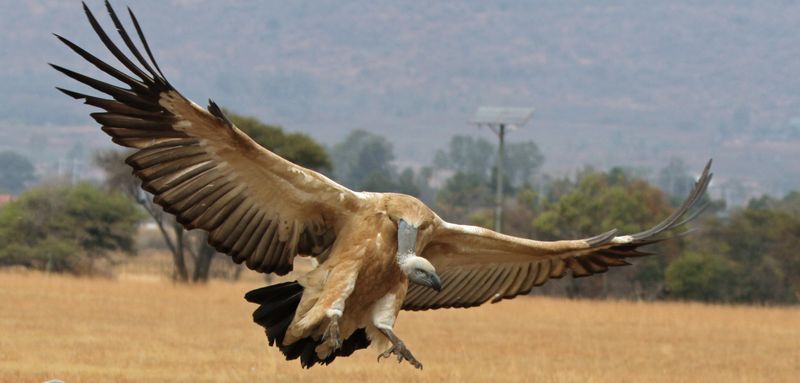
Vultures are expert fliers, adapted to high altitudes where other birds struggle. Their large wingspans and lightweight bodies allow them to soar effortlessly on thermal currents. This adaptation enables them to cover vast areas in search of food with minimal energy expenditure. Vultures can fly at altitudes exceeding 37,000 feet, showcasing their remarkable physiological adaptations. These include efficient respiratory systems and high hemoglobin levels to cope with low oxygen. By mastering high-altitude flight, vultures enhance their scavenging abilities, making them vital components of the ecosystem.
Social Structures and Communication
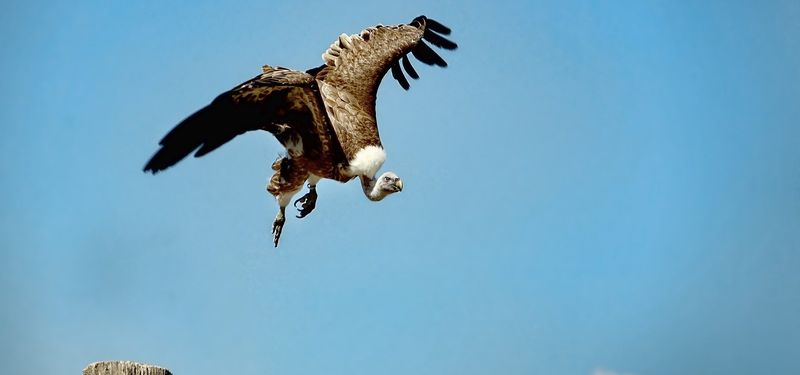
Vultures are social birds, often seen in groups, and possess complex communication methods. They use body language and vocalizations to convey information about food sources and threats. This social structure enhances their survival, as they share information and work together to locate and consume meals. By communicating effectively, vultures maximize their efficiency as scavengers and play a critical role in maintaining ecological balance. Their social interactions also help in rearing young and defending territories from potential threats, showcasing their intelligence and adaptability in diverse environments.
Unique Nesting Habits
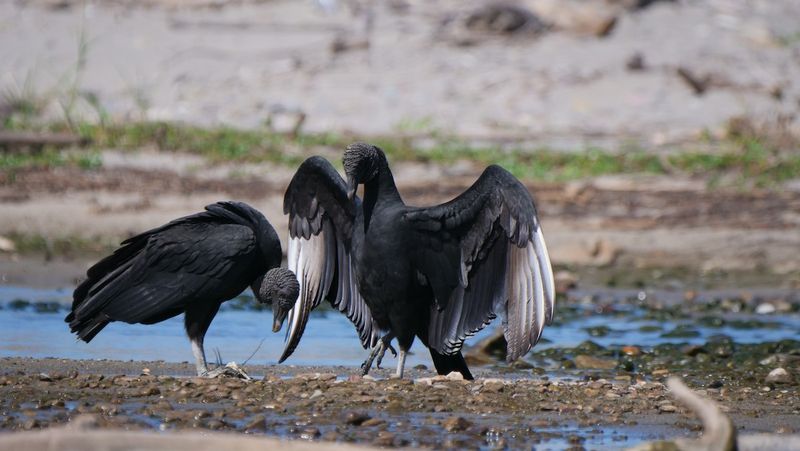
Vultures have unique nesting habits, often choosing inaccessible locations like cliffs or high trees. Their nests are typically made from sticks, bones, and other materials, providing a safe haven for their chicks. These strategic nesting sites protect young vultures from predators and environmental threats. By selecting such locations, vultures ensure the safety and growth of their offspring. The care they provide to their young includes shared parental responsibilities and feeding regurgitated food. These efforts highlight the importance of nesting habits in the survival and continuation of vulture populations in the wild.
Vultures and Human Culture
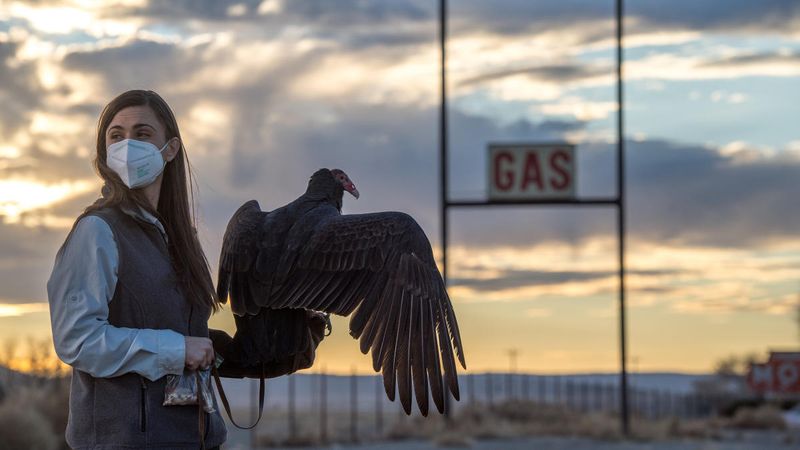
Throughout history, vultures have held a place in human culture, symbolizing protection and motherhood. In ancient Egypt, vultures were revered and depicted in art and mythology. They were seen as guardians and maternal figures, embodying nurturing qualities. This cultural significance highlights the respect and admiration vultures once commanded. Despite their sometimes negative modern perception, vultures have played positive roles in various cultures. Understanding this historical context allows us to appreciate vultures’ contributions beyond their ecological roles. By recognizing their cultural importance, we can foster appreciation and conservation efforts for these vital creatures.
Threats from Poisoning
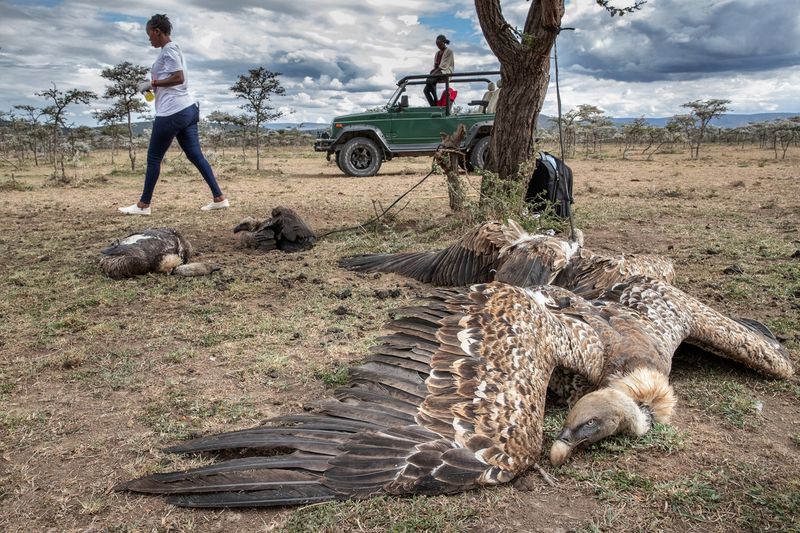
Vultures face significant threats from poisoning, often due to human activities. Farmers may poison carcasses to control predators, inadvertently harming vultures that consume these remains. This practice greatly affects vulture populations, leading to declines in numbers. Conservation efforts focus on educating communities and promoting safe practices to protect vultures from poisoning. By understanding the impact of poisoning, we can implement measures to safeguard these essential birds. Supporting conservation initiatives ensures vultures continue to thrive and fulfill their crucial ecological roles, benefiting both natural ecosystems and human communities.
Role in Ecosystem Services
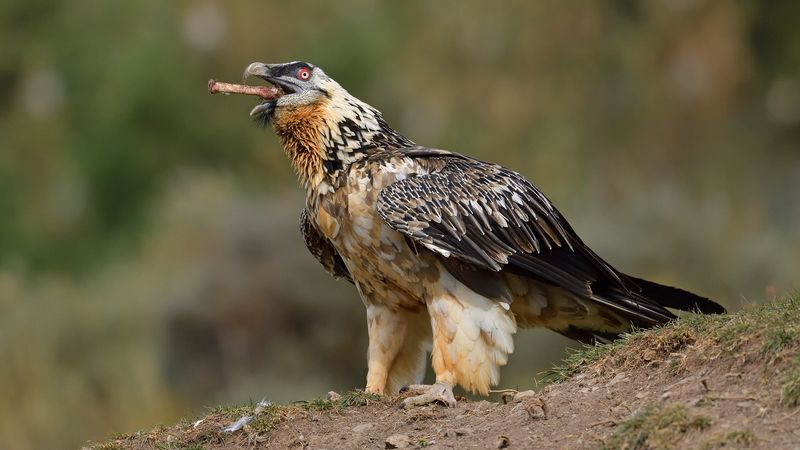
Vultures provide vital ecosystem services by cleaning environments and preventing disease spread. Their scavenging habits reduce waste, thereby lowering the risk of disease outbreaks. By consuming dead animals, vultures recycle nutrients back into the soil, promoting plant growth and maintaining ecological balance. This role emphasizes their importance in sustaining biodiversity and supporting healthy ecosystems. Protecting vultures ensures the continuation of these services, benefiting wildlife and human populations alike. Conservation efforts are crucial to preserving their contributions, as vultures are indispensable for the health and vitality of natural habitats worldwide.
Role in Seed Dispersal
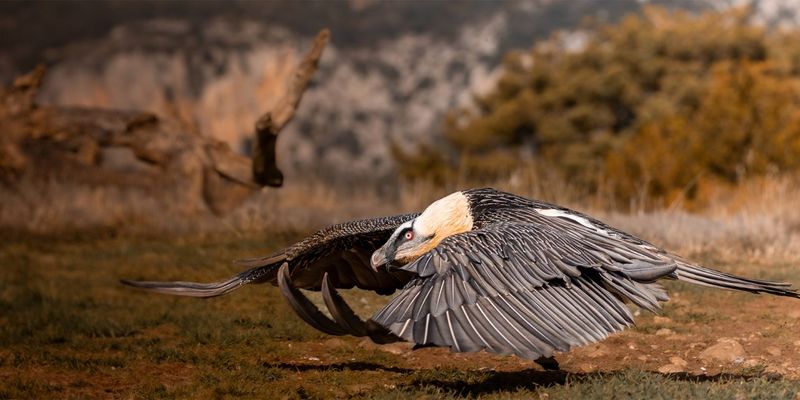
While primarily scavengers, vultures contribute to seed dispersal through their feeding activities. As they consume carcasses in various habitats, seeds attached to these remains are inadvertently redistributed. This process aids in plant propagation and biodiversity, supporting healthy ecosystems. Vultures’ role in seed dispersal, although lesser-known, is another facet of their ecological contribution. By facilitating plant growth, they help sustain habitats and the wildlife that depend on them. Acknowledging this aspect of their behavior highlights the interconnectedness of nature and the importance of vultures in maintaining ecological harmony.
Vultures in Religion and Mythology
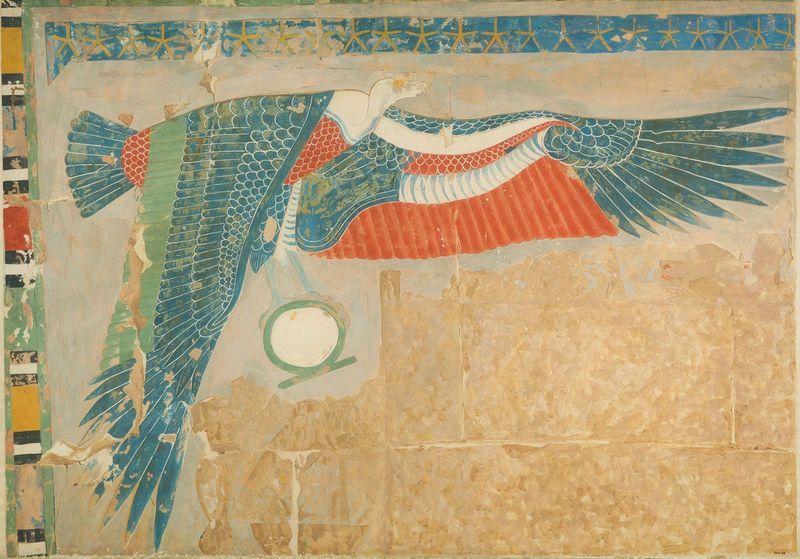
Vultures hold symbolic significance in various religions and mythologies. They are often associated with life and death cycles, embodying transition and renewal. In some cultures, vultures are seen as sacred messengers, bridging the earthly and spiritual realms. Their presence in mythological tales underscores their perceived power and influence. This rich symbolism highlights the deep connection between vultures and human beliefs. By understanding their spiritual roles, we gain insight into the respect they command in different societies. Recognizing these cultural perspectives fosters a broader appreciation for vultures beyond their ecological importance.
Specialized Vision
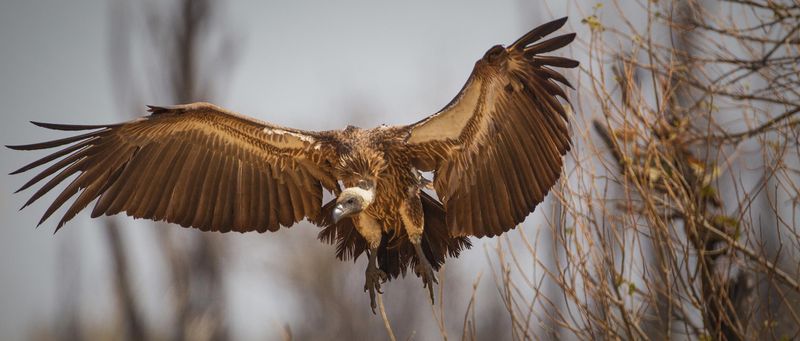
Vultures possess specialized vision that allows them to spot potential meals from great distances. Their eyes have a high density of photoreceptors, granting them exceptional visual acuity. This adaptation enables vultures to detect carcasses from miles away, optimizing their scavenging efficiency. Their keen eyesight is complemented by their ability to detect polarized light, which aids in navigation and hunting. This combination of visual capabilities ensures vultures effectively locate food, supporting their role as ecosystem cleaners. By understanding their vision, we can appreciate the evolutionary adaptations that make vultures successful scavengers.
Vulture Populations and Conservation Efforts
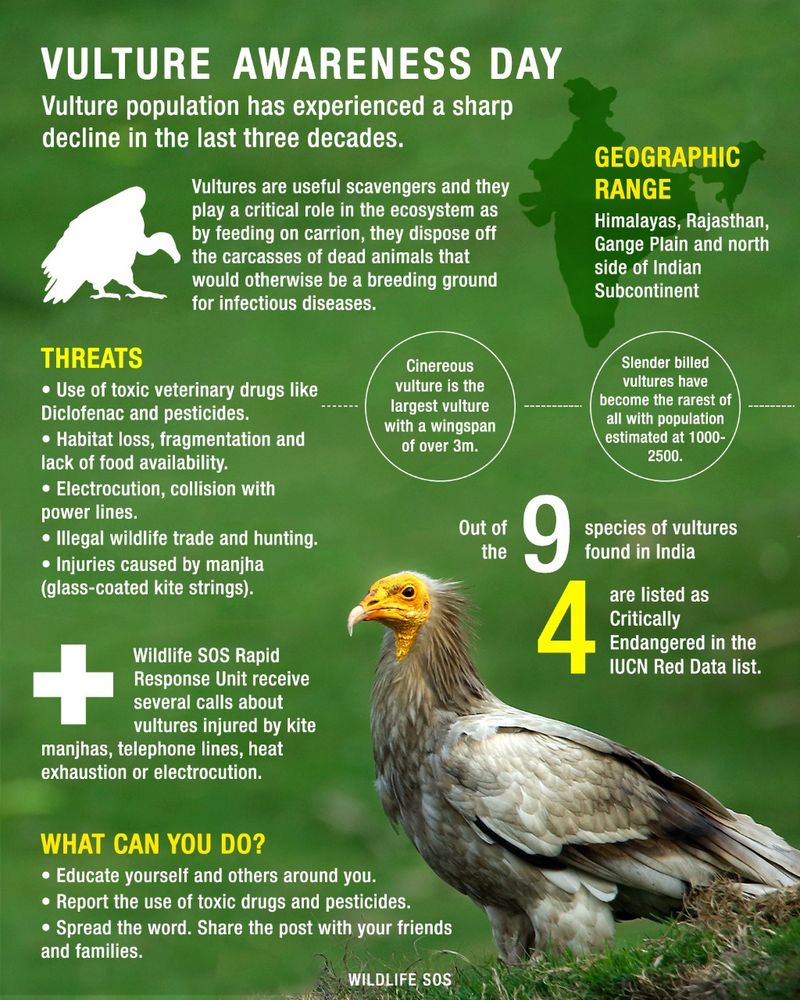
Vulture populations are declining, prompting significant conservation efforts worldwide. Various factors, such as poisoning, habitat loss, and climate change, threaten their survival. Conservationists work tirelessly to protect these vital birds through habitat protection, legal regulations, and community education. Rehabilitation and release programs aim to restore vulture populations in their natural habitats. Public awareness campaigns emphasize vultures’ ecological roles, advocating for their protection. Supporting these initiatives ensures the continuation of vulture populations and the ecosystem services they provide. Conservation efforts are essential for preserving the balance and health of natural environments.
Vultures and Climate Change
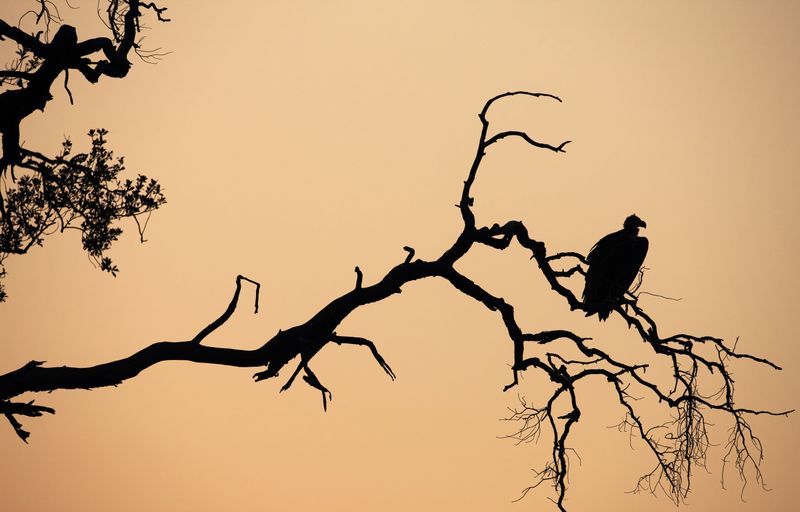
Climate change poses new challenges for vultures, affecting food availability and habitat conditions. Rising temperatures and altered weather patterns impact their traditional feeding and breeding grounds. These changes can lead to reduced carcass availability and increased competition for resources. Conservation strategies must adapt to address these emerging threats, ensuring vultures can survive in changing environments. By supporting climate adaptation measures, we help safeguard vultures and their ecological contributions. Understanding their vulnerability to climate change highlights the urgency of conservation actions, benefiting both vultures and the broader ecosystem.
Fascination with Flight
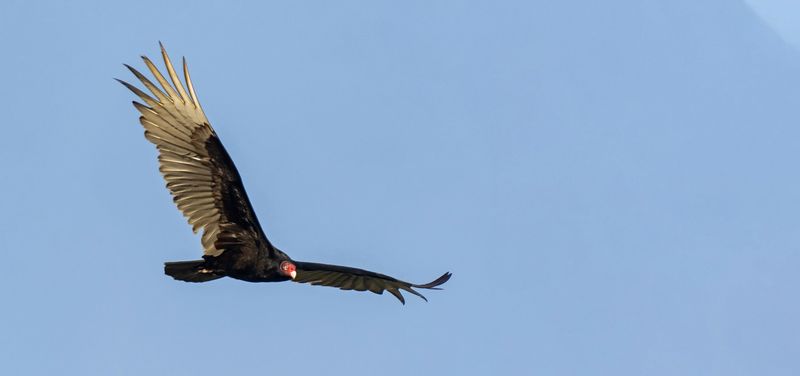
Vultures are masters of flight, renowned for their ability to glide effortlessly across vast distances. Their broad wings and lightweight frames allow them to soar on thermals with minimal energy. This fascinating adaptation enables them to travel extensively in search of food, making them efficient scavengers. Observing vultures in flight reveals the elegance and precision of their aerial maneuvers. Their flight capabilities highlight the evolutionary adaptations that have honed their scavenging prowess. By appreciating their mastery of the skies, we gain insight into the importance of vultures in natural ecosystems.
Vultures’ Role in Preventing Rabies
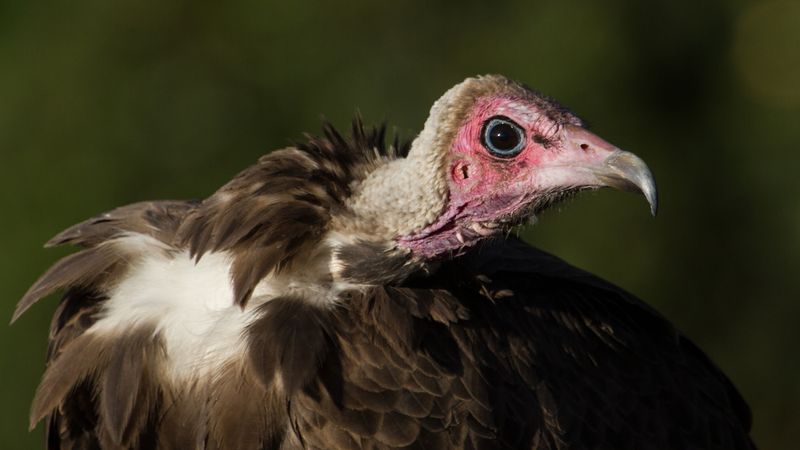
Vultures help prevent the spread of rabies by consuming carcasses that could harbor the virus. By swiftly removing these potential sources of infection, vultures reduce the risk of rabies transmission to other wildlife and humans. This role is particularly important in regions where rabies is prevalent and poses a threat to public health. By understanding vultures’ contributions to disease control, we can appreciate their importance in maintaining ecological balance. Supporting vulture conservation efforts aids in protecting these vital birds and the health of ecosystems they help sustain.

